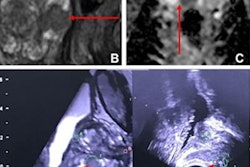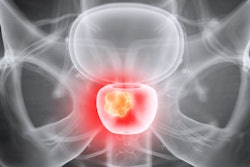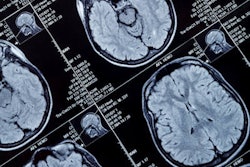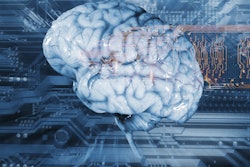Monday, November 28 | 1:30 p.m.-2:30 p.m. | M6-SSGU03-5 | Room S406B
Preliminary results from a large Dutch study suggest that an artificial intelligence (AI) algorithm could help improve diagnostic accuracy in interpreting prostate MRI exams.The study, called the PI-CAI Challenge, was conducted between May and November of this year and concluded that AI could reduce radiologist workload. The challenge included data from 12,373 prostate MRI exams performed between 2012 and 2021 at three centers in the Netherlands and one in Norway. Presenter Anindo Saha of Radboud University Nijmegen Medical Center in the Netherlands and colleagues compared five AI algorithms to the overall diagnostic performance of 63 readers from 42 centers and 18 countries.
Of the 12,373 exams, 11,373 were used to develop and train the AI algorithms; the remaining 1,000 were used to test them. The investigators then utilized a subset of 400 testing cases to assess radiologist performance. They hope that their study findings will translate into better interpretation metrics.
"Prostate MRI assessments show … interreader variability [of more than 50%], long reporting times, and strong dependence on expertise," they noted in their abstract. "A thorough comparison of AI with radiologists builds trust, allowing AI to help improve diagnostic accuracy and reduce workload."
Attend this afternoon session to get all of the details.





















